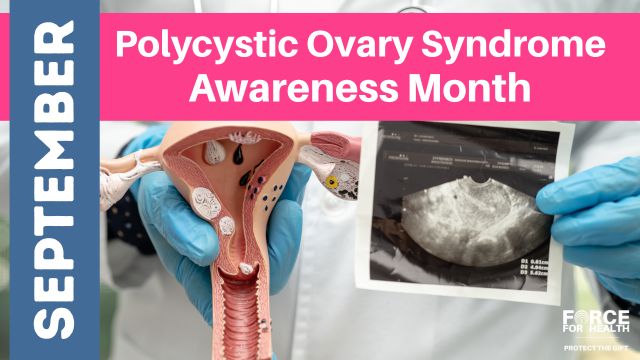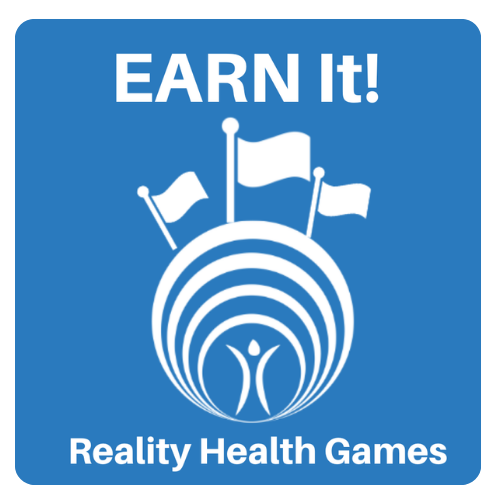
Polycystic Ovary Syndrome Month
September is Polycystic Ovary Syndrome (PCOS) Month, aimed at increasing awareness about this common hormonal disorder among women of reproductive age. The initiative is led by the PCOS Awareness Association.
Top 5 Facts to Know
What is PCOS: PCOS is a hormonal disorder that affects ovulation and can lead to infertility.
Symptoms: Symptoms include irregular periods, excess hair growth, and acne.
Prevalence: PCOS affects up to 10% of women of childbearing age.
Health Risks: The condition can increase the risk of other diseases like diabetes and heart disease.
Treatment: Treatment often involves lifestyle changes and medication.
3 Ways to Be a Better Force for Health Related to PCOS
Educate and Advocate: Share information about the symptoms and treatment options for PCOS.
Support Research: Advocate for more research to better understand and treat PCOS.
Be Supportive: Offer emotional support and resources to women dealing with PCOS.
Resource Sites
PCOS Awareness Association: www.pcosaa.org
PCOS Challenge: www.pcoschallenge.org
American Society for Reproductive Medicine: www.asrm.org












Responses